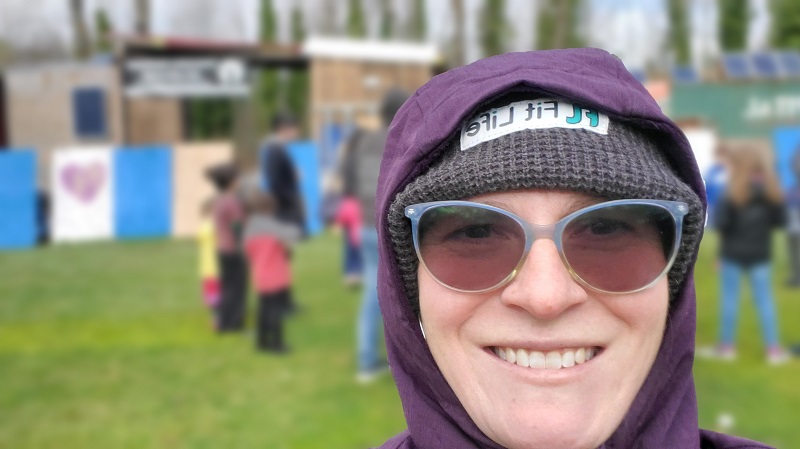I know this might come as a surprise because I’m a rabbi, but I actually don’t find much personal spiritual fulfillment in daily prayer services. Occasionally, if the mood is right, the melody particularly poignant, and my mind just open enough, I might have a transcendental moment in prayer, but most of the time, my spirituality is found on a walk with my family in the sunshine or a long drive through our beautiful Oregon landscape. Mostly I find my connection to God in nature and in my family moments. I can feel that connection during shul too, perhaps just not as much as you might expect.

I’m guessing I might not be alone when it comes to how I approach spiritual fulfillment. Parshat Tzav, the Torah portion we read this week, tackles this question in an eloquent way. The parshah begins with a review of the instructions for the priests with regard to various types of sacrifices. The instructions detail what time of day they are to be made, what they are to wear, and who they are to be consumed by. The text continues with instructions on kosher eating and concludes with a review of how priests are sanctified in their roles as leaders.
The beginning of the text teaches us, “Command Aaron and his sons thus: This is the ritual of the burnt offering.” The Hebrew word used for ritual is “torat,” and the Talmud interprets this word as “Torah for,” meaning that in our day, the study of Torah takes the place of bringing animal offerings. Further, the Hatam Sofer asks, if this is the case, why is Aaron commanded? He answers that it’s because Aaron might be reluctant to tell the people that the study of Torah is equivalent to bringing sacrifices. It would cause confusion, presenting the people with an alternative form of worship. And maybe Aaron himself was afraid of presenting an alternative because it would weaken the priestly role in ritual.
I take the opposite view. As a rabbi, I encourage you to find your alternative way of connecting spiritually and with God. It’s very likely not every Israelite connected to God through sacrifice, and today not every congregant connects through prayer. While I would love to see you in the pews enjoying community and time together, I’d also love to go on a walk with you, taking in nature together and hearing about the unique way you yourself find God.
The entire book of Vayikra is about the way in which our actions can connect us to God. Parshat Tzav encourages us to find that connection, and then actually use it.
– Rabbi Eve Posen



